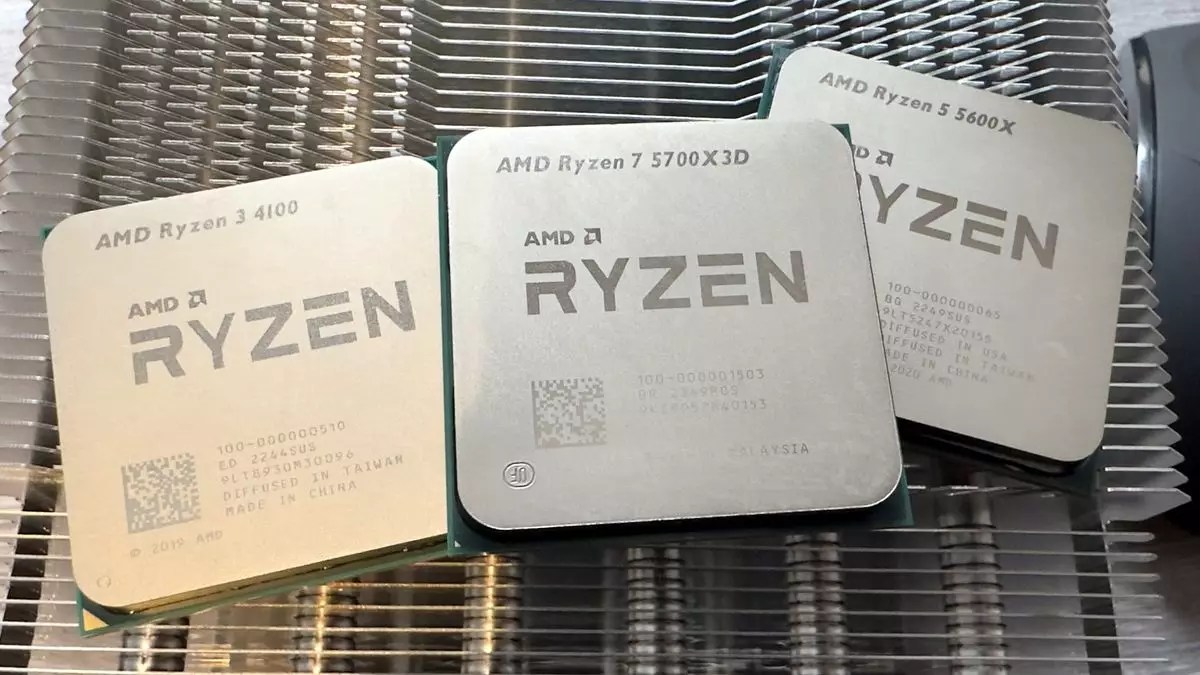Recently, security researchers uncovered a significant vulnerability that impacts almost all AMD CPUs. This vulnerability, dubbed ‘Sinkclose’, allows attackers to access deep parts of the CPU, specifically the System Management Mode (SMM). With this access, attackers can modify SMM settings, even with existing protections in place. This type of exploit could enable attackers to install undetectable malware that is extremely challenging to remove. However, exploiting this flaw requires kernel-level access, which is no small feat.
The vulnerability was first brought to light by researchers Enrique Nissim and Krzysztof Okupski from the security services firm IOActive. They presented their findings at the Def Con security conference in Las Vegas, shedding light on the potential risks posed by Sinkclose. The flaw essentially allows attackers to gain Ring 0 privilege, providing them with deep access to the system and paving the way for further malicious activities.
If successfully exploited, an attacker could escalate their privileges to Ring -2 and install an undetectable bootkit, compromising the master boot record. This level of compromise would render traditional antivirus and anti-malware programs ineffective, as the malicious code operates at a fundamental system level. To combat this vulnerability, AMD has started releasing firmware fixes for affected chips, providing BIOS updates to address the flaw.
While newer AMD processors have already received updates to mitigate the vulnerability, older chips like the Ryzen 3000, 2000, and 1000 series may not receive patches. AMD has indicated that products outside of their software support window may not be eligible for updates. It is essential for users to stay informed about the status of their CPU’s security and regularly check for BIOS updates from their motherboard manufacturer.
While achieving kernel-level access is difficult for home users, data center systems holding sensitive information are at higher risk. AMD’s latest processors, such as the Zen 5 9000 series, are not included in the list of vulnerable chips, indicating that they have the necessary BIOS revisions to address the Sinkclose vulnerability. It is crucial for organizations and individuals handling sensitive data to stay vigilant and apply security updates promptly.
The Sinkclose vulnerability poses a significant threat to the security of AMD CPUs, emphasizing the importance of timely updates and proactive security measures. By understanding the implications of this flaw and taking necessary precautions, users can mitigate the risks associated with potential attacks. Stay informed, stay updated, and stay secure.


Leave a Reply